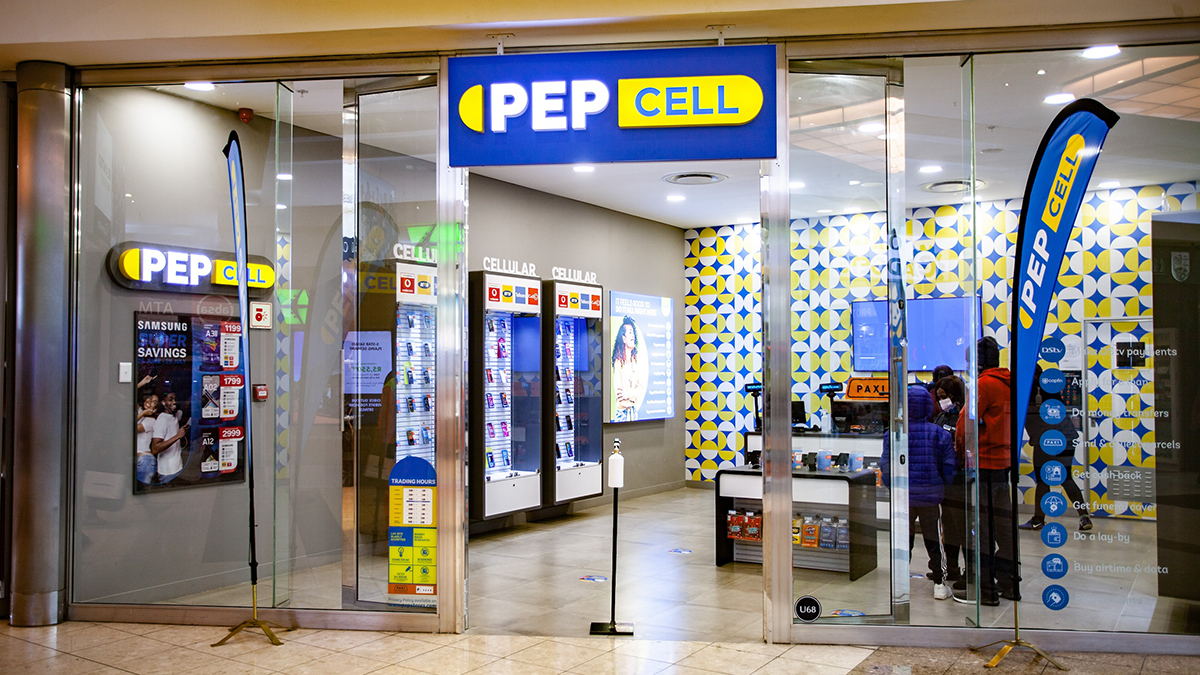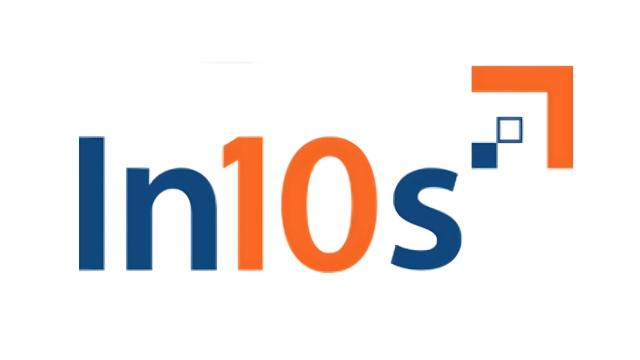Ryanair's FY25 Results: Profit Falls, Summer Demand Strong

Ryanair reported strong demand across Europe and expects fares to rebound, recovering most of last year's decline that impacted profits due to high interest rates. The airline, Europe's largest low-cost carrier, reported a 16% fall in annual profit for the year ending March 31, driven by softer consumer demand and disputes with online travel agents, which led to a 7% decrease in fares.
Chief Financial Officer Neil Sorahan noted robust demand across their network of 37 countries and anticipates recovering most of the fare reductions. Ryanair's after-tax profit for the financial year was €1.61 billion ($1.8 billion), aligning with analyst expectations. Fares for the three months ending in June are projected to rise by a "mid-to-high teen percent" year-on-year, influenced by the timing of Easter. Summer bookings are approximately 1% higher than the previous year, according to Chief Executive Michael O'Leary.
The airline flew a record 200 million passengers, despite reducing an earlier target of 205 million due to Boeing delivery delays. They expect to carry 206 million passengers in the year ending March 31, 2026. Sorahan expressed confidence in the delivery schedule. Shares in Ryanair closed at €22.41, a significant recovery from a 12-month low of €13.41 last July, which followed a 15% fall in average fares in the first quarter.
Ryanair Holdings plc reported a full-year profit after tax of €1.61 billion, compared to €1.92 billion in the prior year, with traffic increasing by 9% to a record 200 million passengers despite the lower fares. Highlights for FY25 include the traffic growth, a 7% decrease in average fares, a 1% increase in ancillary revenue, and flat cost per passenger. The airline has incorporated 181 B737 "Gamechangers" into its 618 aircraft fleet and plans over 160 new routes for S.25. Additionally, 7% of shares were bought back and cancelled, with a final dividend of €0.227 per share payable in September, pending AGM approval.
CEO Michael O'Leary stated that the key feature of the past year was the 7% decline in fares, which stimulated a 9% increase in traffic to over 200 million passengers. Total revenue rose by 4% to €13.95 billion, with scheduled revenue increasing by 1% to €9.23 billion. The absence of a full Easter in Q1, consumer spending pressures, and a significant drop in OTA bookings necessitated price stimulation. Ancillary revenues remained strong, rising 10% to €4.72 billion. Operating costs increased by 9% to €12.39 billion, in line with expectations.
Ryanair's balance sheet remains robust with a BBB+ credit rating. Gross cash stood at nearly €4 billion at the end of March, supported by delayed aircraft capex. Year-end net cash was €1.3 billion, even after €1.6 billion in capex and €1.5 billion in share buybacks. The Group increased its revolving credit facility to €1.1 billion and extended its term to March 2030. The company's owned B737 fleet of over 590 aircraft is fully unencumbered, providing a cost advantage over competitors. Ryanair is preparing to repay nearly €2.1 billion in maturing bonds over the next 12 months from internal cash resources.
During FY25, Ryanair purchased and cancelled 7% of its issued share capital and has retired almost 36% since 2008. A follow-on €750 million share buyback has been approved. Ryanair's fleet now includes 181 B737-8200 "Gamechangers," restricting FY26 growth to 3% (206 million passengers). The company is working with Boeing to accelerate deliveries and anticipates the MAX-10 to be certified in late 2025, with deliveries expected in spring 2027.
Ryanair has over 160 new S.25 routes and expects European short-haul capacity to remain constrained due to Airbus engine repairs, OEM delivery delays, and EU airline consolidation. The company believes its cost advantage, strong balance sheet, and operational resilience will facilitate growth to 300 million passengers by FY34. In FY25, Ryanair took delivery of 30 Gamechangers, reducing fuel and CO2 emissions. The company retained leading ESG ratings and became the first major airline to have its environmental targets validated to SBTi guidelines. Ryanair continues to advocate for adequate ATC staffing and the protection of overflights to improve punctuality and reduce environmental impact.
Between September 2024 and March 2025, Ryanair reviewed its ownership and control restrictions, discontinuing the prohibition on non-EU nationals acquiring Ordinary Shares. Both EU and non-EU nationals can now invest in Ryanair Holdings plc. MSCI recently confirmed Ryanair's inclusion in the MSCI World Index. Howard Millar will step down from the Board in September after serving as CFO and NED. Ryanair expects FY26 traffic to grow by 3% to 206 million passengers due to Boeing delivery constraints. Modest unit cost inflation is anticipated, offset by Gamechanger deliveries and strong fuel hedging. S.25 demand is strong, with peak fares trending ahead of prior year. Q1 fares are expected to be significantly higher, and Q2 pricing is expected to recover some of last year's decline. While cautiously optimistic about net profit growth in FY26, the company acknowledges potential risks from tariff wars, macroeconomic shocks, and geopolitical issues.







